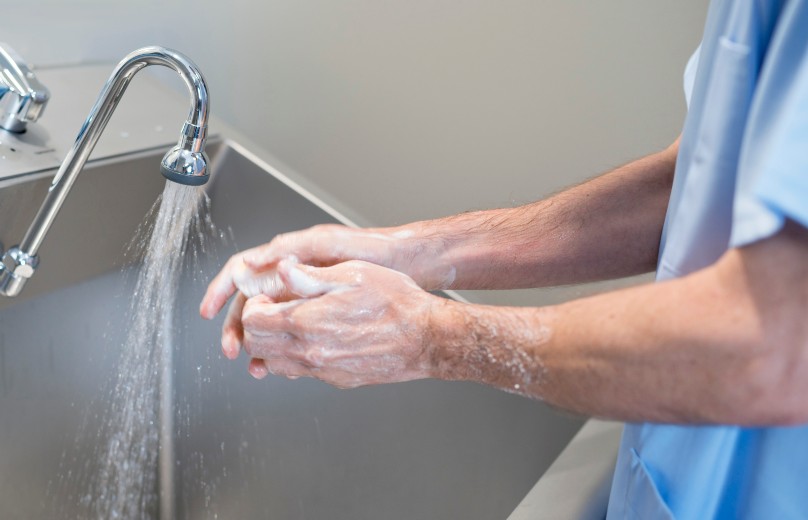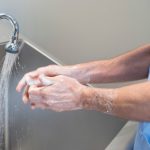People would naturally think that hospital plumbing systems are complex when, in fact, they are based on simplicity and reliability. Like any sound system, it needs scheduled maintenance to ensure operational efficiency for its expected lifetime.
Plumb It Right has worked with several hospitals in Perth, WA, and can test to the required standards. Operating within medical codes and standards and with specific technical differences between hospitals, you can imagine how demanding their plumbing systems might be. However, awareness of these unique fixtures and systems within a hospital ensures that responsible and experienced personnel are available for correct maintenance.
Hospital Plumbing Systems
Different hospital departments have plumbing systems specially installed and designed for their specific area. To enable a hospital to run efficiently, the equipment has specialized requirements for its maintenance programs that must be adhered to for optimal performance.
The Laboratory System.
Purified water must be used for hospital testing and pathology. The system, which includes how the water connections are structured and the water purification system within, must be designed so that there is no human contact with the water as it flows out of the laboratory.
Different types of water are required in laboratories, depending on what that lab’s function is. Some labs require de-ionised water and others require reverse osmosis water. These two types of water will require separate maintenance and service programs. Filter maintenance and equipment coordination are critical in these examples. Can tap water enter the system or should there be a filter line to make it as pure as possible before use? What is the best maintenance program for this system? Outsourcing this filter maintenance and system management to an accredited plumbing service is feasible.
The waste from these laboratories would be a staff issue, and the contents of the purified water and the chemicals therein must be monitored. Waste can carry all sorts of organisms that can spread disease, so specialised equipment is used to monitor the system and be able to notify relevant personnel when something goes wrong. Any malfunctions in the waste system or when scheduled maintenance is due should be automatically relayed to professionals looking after these facilities.
Emergency Plumbing Systems
The types of plumbing we are talking about are eye wash stations and emergency showers. These emergency stations are situated in rooms with specific risks, such as chemical spills.
Safety rules through the OH&S department state that these stations, eye/face wash and emergency showers are to be tested every week to ensure operational capability. Strict regulations set rules about water temperatures, flow rates and these fixtures’ performance as hands-free.
All these systems and there could be hundreds of them in a hospital, need to be tested, during which time they produce a lot of water. Part of the maintenance and service process means cordoning off the test areas followed by a proper clean-up to maintain safety.







